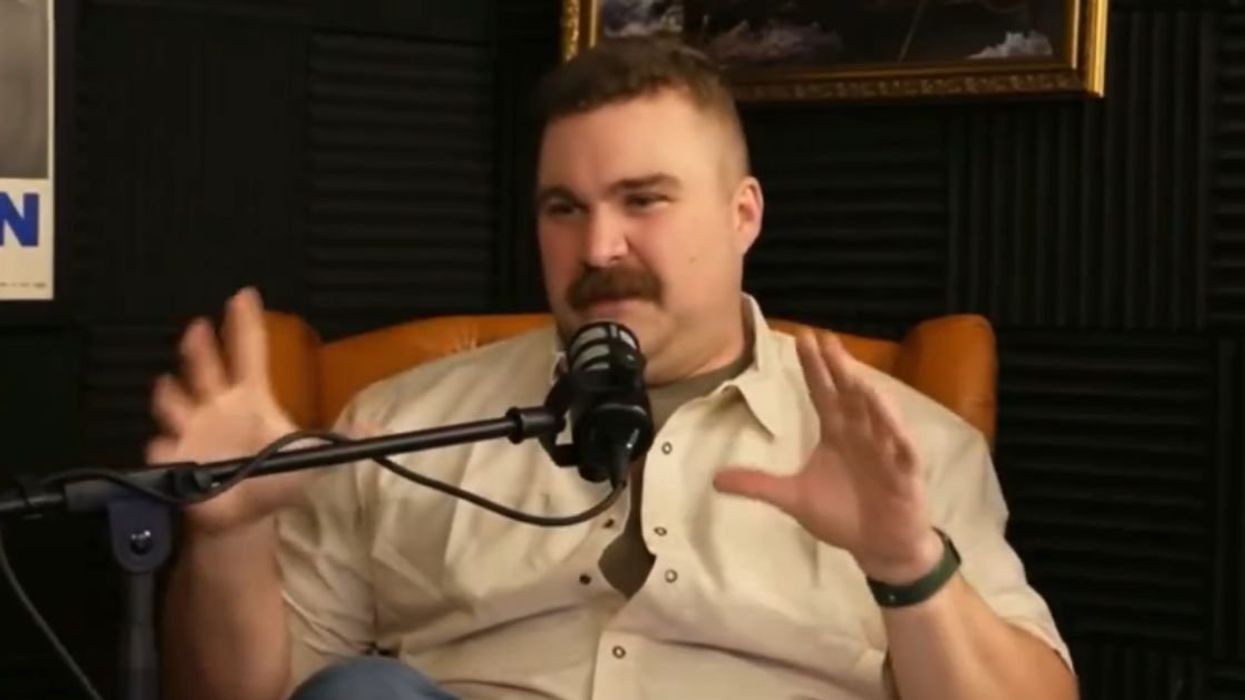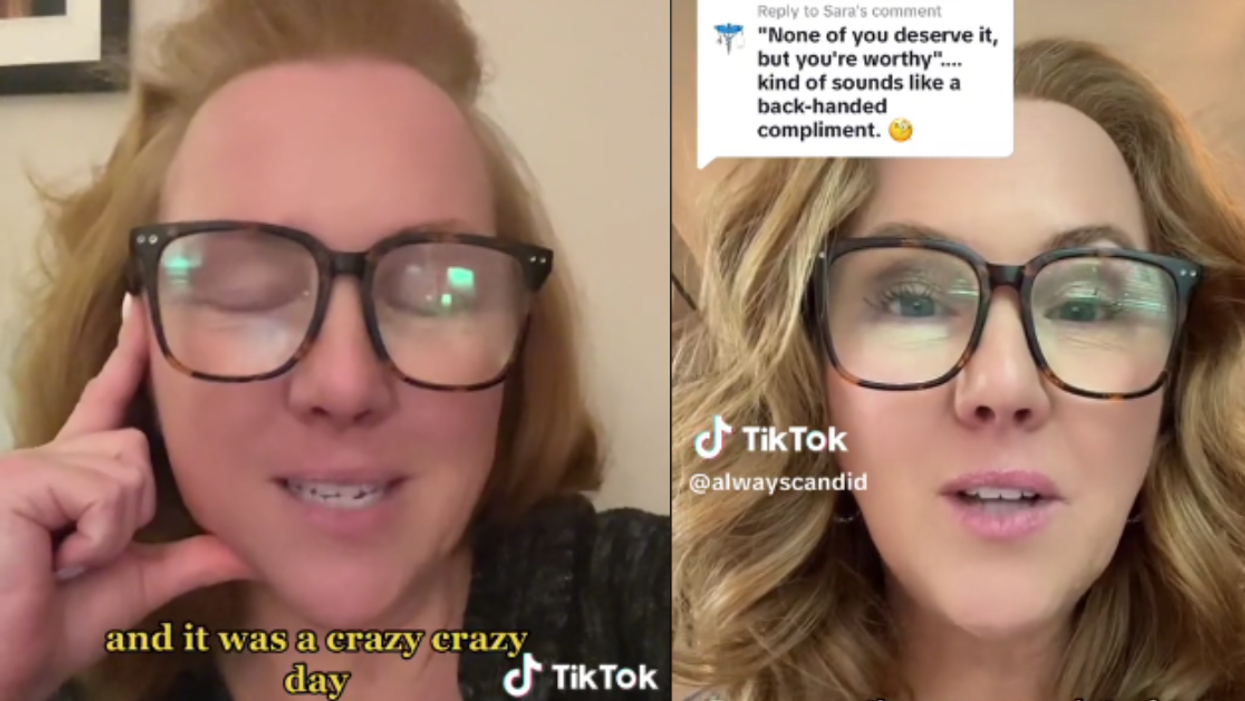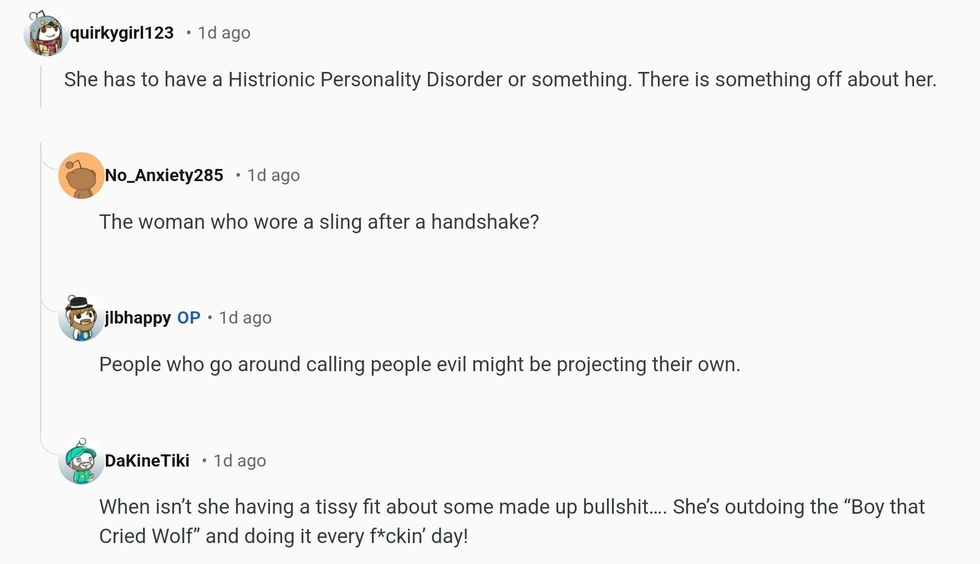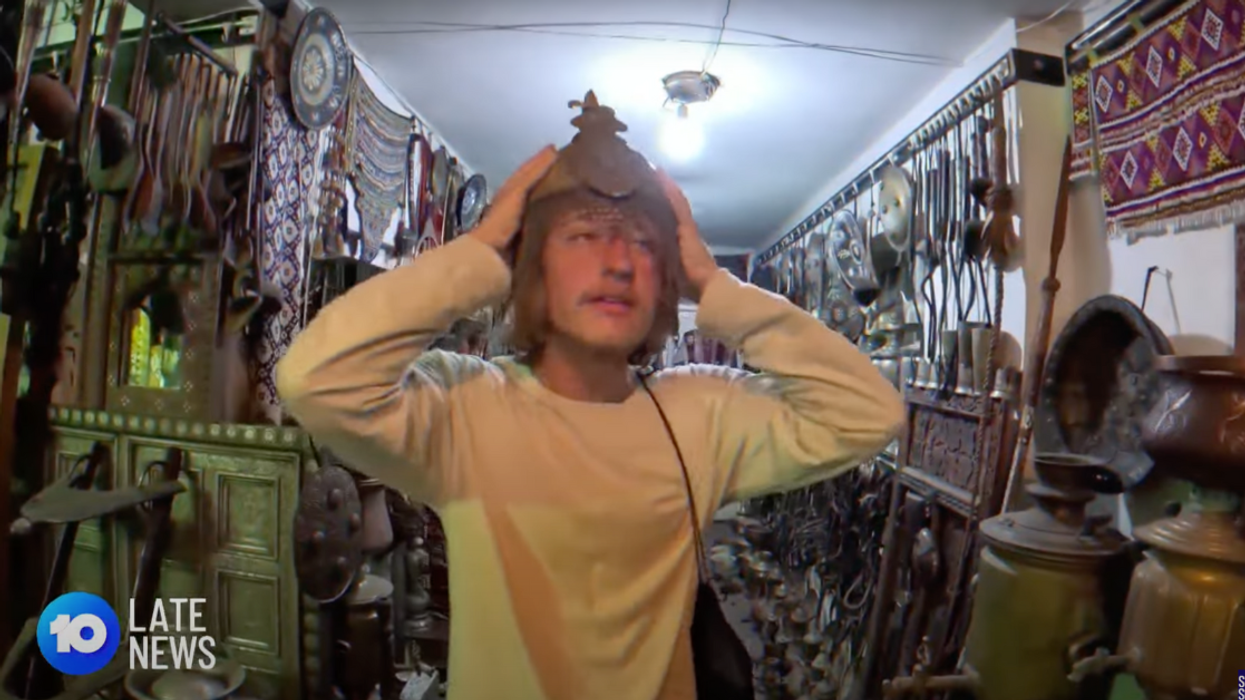The ancient, fragile bones of a buried child were all it took to discover what scientists now believe to be America’s first known settlers.
In 2010, archaeologists who came across an infant girl’s body in an approximately 11,500-year-old Alaskan burial pit had no idea what they’d stumbled upon. In a subsequent study of the child’s genomic structure, published recently in Nature, a team of international scientists reveals that she is descended from a previously unknown population they believe would have been among the first to migrate to the Americas.
The girl’s genome, the oldest-yet full genetic profile of a New World individual, provides the first definitive evidence of an ancestor common to all Native American populations. Researchers expected the child’s DNA would match one of two “branches” used to categorize New World populations: the northern or southern branch.
However, they found it significantly differed from both branches. The team concluded that the child was descended from a distinct, since-vanished population that likely crossed the Beringia land bridge from Siberia to North America around 36,000 years ago.
The DNA of this group, which scientists have labeled “Ancient Beringians,” more closely matches that of both modern and ancient Native Americans than of East Asians, suggesting its members made up the New World’s founding population. “It’s the earliest branch in the Americas that we know of so far,” said study co-author Eske Willerslev of the University of Copenhagen.
Specifically, the findings bolster a widely-held theory suggesting American migration began in the Pleistocene era. The theory posits that the Beringia land bridge was at that time exposed due to low sea levels, though by 11,000 years ago, the Last Glacial Maximum would have swallowed the land, preventing further populations from crossing over.
Variances found in “Ancient Beringian” DNA suggest that this unique population was cut off genetically from the larger group, perhaps once the sea swallowed up this bridge.
Archaeologists unearthed the ancient child in central Alaska at a site called Upward Sun River. They named the child, whom they estimate died at around six weeks old, Xach’itee’aanenh T’eede Gaay, which translates to “sunrise girl-child” in Middle Tanana, a local dialect.
Willerslev and his team believe descendants of the girl’s family survived in their new North American home for close to 13,000 years before eventually dying out. Evidence suggests that Upward Sun River once housed a series of temporary settlements that continued to spring up and vanish over thousands of years.
For University of Alaska archaeologist Ben Potter, who discovered the site in 2006, these findings raise a host of intriguing questions about Ancient Beringians’ way of life:
“We didn’t know this population even existed. Now we know they were here for many thousands of years, and that they were really successful. How did they do it? How did they change?”
Undoubtedly, Upward Sun River, and perhaps other archaeological sites in the region, have more secrets to reveal about America’s original occupants. “My answer to the question, ‘What happened to the Ancient Beringians?’ is: ‘We don’t know,’” said Potter. “And I like that answer.”














 rPolitics/Reddit
rPolitics/Reddit @leftynavyseal/Bluesky
@leftynavyseal/Bluesky rPolitics/Reddit
rPolitics/Reddit @skippyoz/Bluesky
@skippyoz/Bluesky rPolitics/Reddit
rPolitics/Reddit rPolitics/Reddit
rPolitics/Reddit rPolitics/Reddit
rPolitics/Reddit
 jordi baste robot GIF by No pot ser! TV3
jordi baste robot GIF by No pot ser! TV3 sing schitts creek GIF by CBC
sing schitts creek GIF by CBC Well Done Ok GIF by funk
Well Done Ok GIF by funk Two Face Ernst GIF by ZWEIMANN
Two Face Ernst GIF by ZWEIMANN
